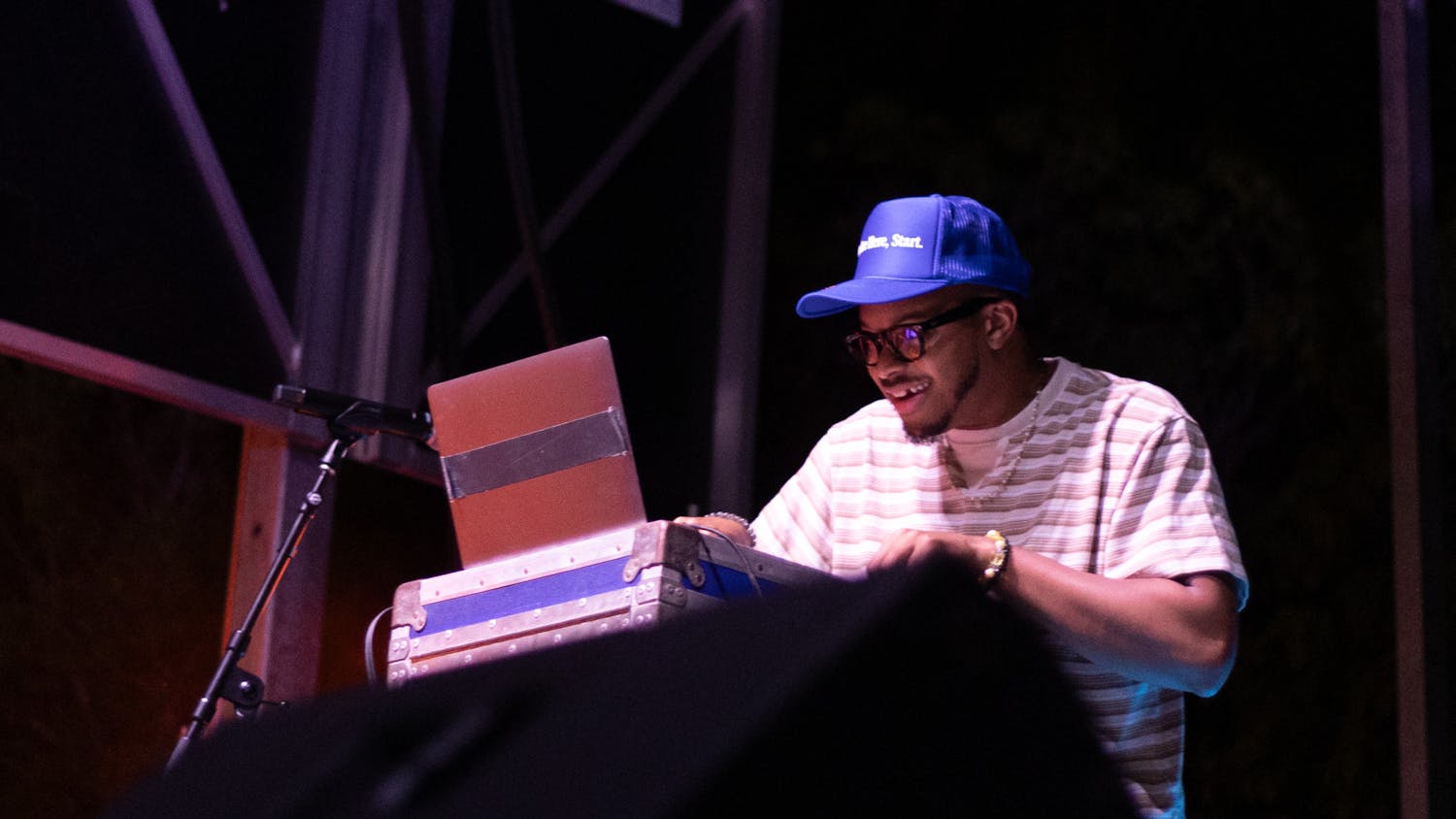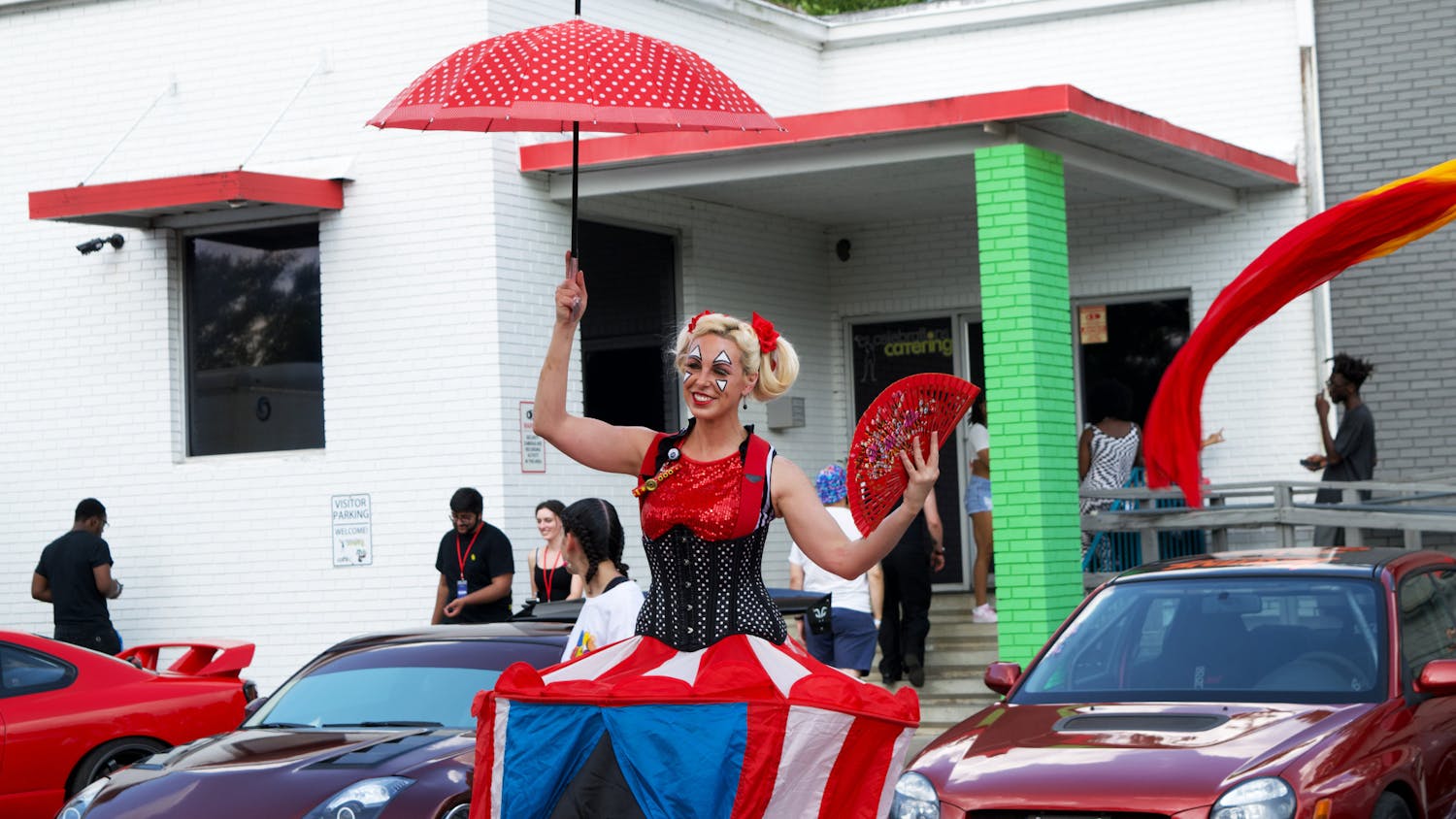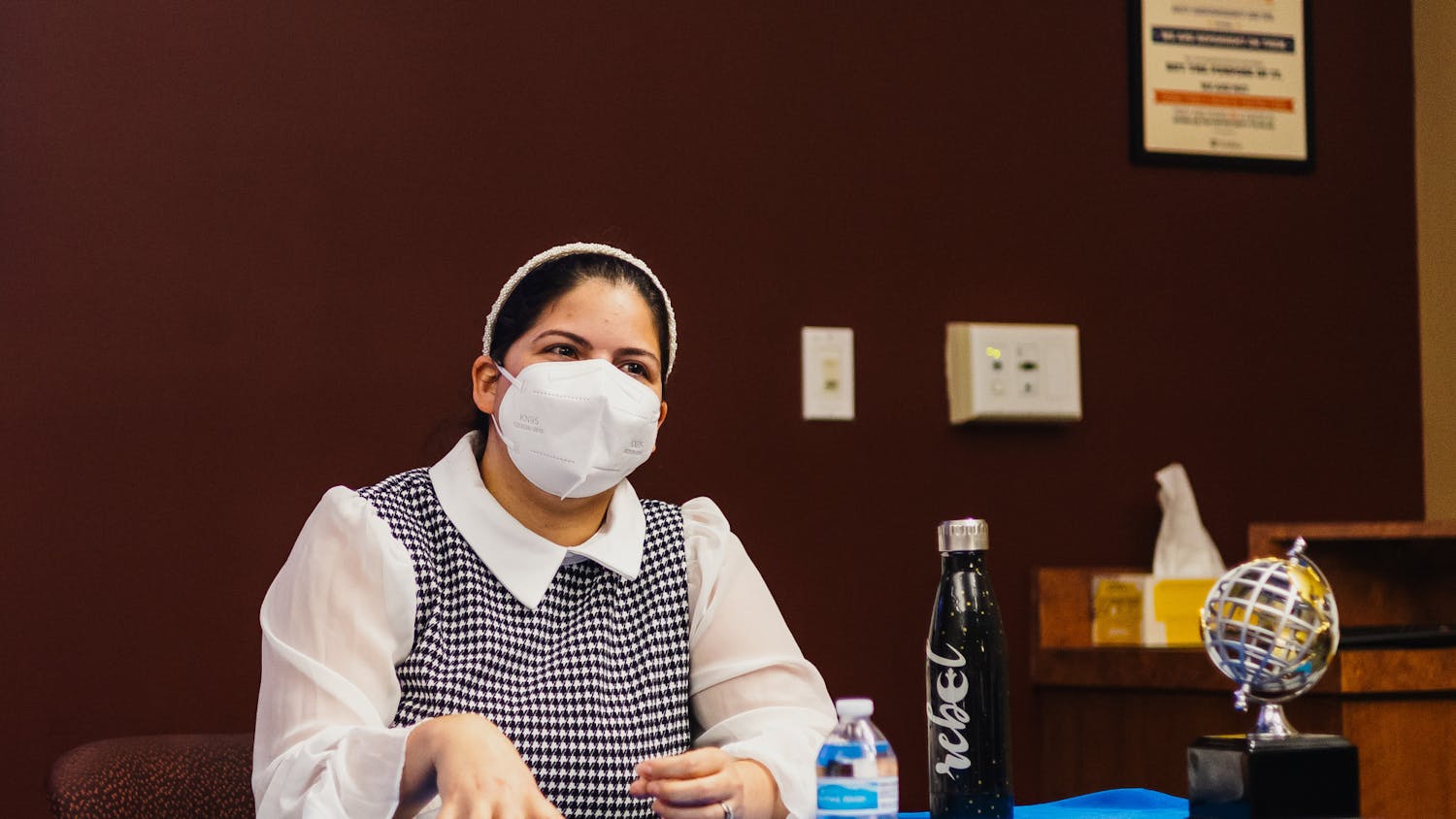Just like there’s sexism, racism, cisgenderism, anti-Semitism or ethnocentrism, there’s ableism.
Ableism is a newer term that signifies discrimination against people with disabilities.
No one should feel less than for being who they are. No form of discrimination is OK. However, in any case, discrimination can be accidental or well-intentioned, but also from a place of hatred or misunderstanding.
I can write about ableism from my experience, but what I feel might be different from someone else who has a disability. Some people even prefer not to use the word disability.
It’s about identity and experience, but it’s more than that, too. It’s something that is omnipresent, even though you might not realize it.
It can be the way a building is created, how transportation runs, how the media tells stories, stereotypes or even pity.
It can be inherent in jobs themselves and show in vocabulary or handicaps in an environment.
A disability can be apparent or not show at all. On the Regional Transit System buses on campus, front seats are reserved for the elderly or those with disabilities. However, not all disabilities show.
I don’t wear a sticker on my head that says “Disabled, I could use a seat.”
Sometimes, I feel obligated to be OK, to not be sick.
There are buildings or spaces at UF that offer assistance to the disabled but actually do the opposite. It can be a broken elevator, an uneven sidewalk for people who need to use a wheelchair or it can be in the way classrooms are set up.
For me, it can be distrust in the faces of professors when I say I’m sick or my own pressure on myself, possibly because of the way society is set up: not wanting to feel called out, different or a burden. Sometimes, I won’t use an accommodation because of guilt.
People are not their difference. They are not victims or labels. In my case, I am not a ulcerative colitis student. I’m a student who happens to have colitis, along with other new diagnoses I’m working through.
And just because someone has the same diagnosis does not necessarily mean they identify as disabled or want pity or help.
How I live my day is my normal, but there are obstacles. It can be in the classroom, my dorm or just in my different capabilities.
I’ve lived as “abled” and “disabled” since I got sick with a chronic illness around the age of 12. I can see and feel the differences in my day-to-day life.
In the past, I’ve had teachers essentially blackmail me out of using my aids.
For instance, I need access to the bathroom, but one teacher would give a grade based on if you left the classroom. Others would say, “Are you sure you need this?” This meaning a certain accommodation.
It can be saying “I’m sorry” for someone existing as they are with a disability. Even doctors have told me sorry. Sorry for being sick, for being who I am. I personally understand, but it can be hurtful to some people. What’s most hurtful for me is misunderstanding, even from those in the medical field.
I sometimes wish I never had to deal with the diagnoses I have and could wake up not in pain every morning. But, I think things happen for a reason, and sometimes a sorry can be just what someone needs: sorry that they have to go through a biased world or that they have to live with pain.
Again, it all depends on the person and what terms or treatment they prefer.
I don’t want pity or special applause for doing the same things as everyone else.
I hope the takeaway of this is that disability isn’t just a wheelchair. It can be mental illness, a learning disability, a physical illness, being blind or deaf and even more. Ableism is pervasive.
But, like I said in my last column, inclusion and diversity are more than a check mark.
It’s about making sure people are heard and that needs are met with proper accommodations.
It goes beyond a sign or awareness. No one should be called out or treated differently because they have different needs or because their needs must be met in a different way.
If you are interested in learning more, the Anti-Defamation League offers some guidelines relating to disability and defines certain terms.
I think the world needs more understanding in daily life, school, work, public spaces, the way stories are told and even in the way some doctors do their jobs.
In my writing, I hope to be a part of this change.
Sophie Feinberg is a UF journalism junior. Her column comes out Tuesday and Thursday.





